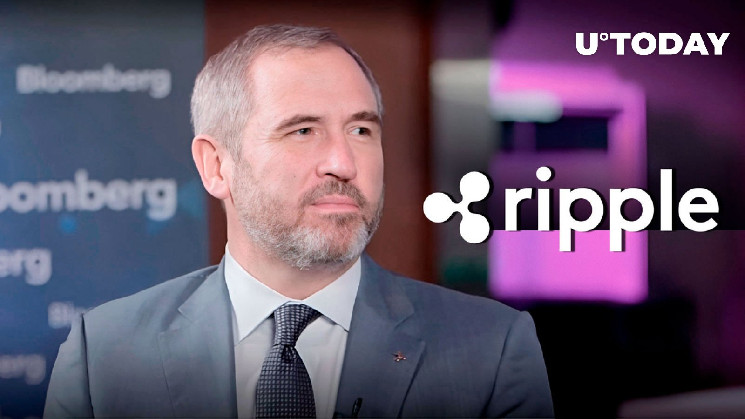Brad Garlinghouse, CEO of Ripple, has celebrated a series of epic wins for the fintech giant. In a tweet, the Ripple CEO celebrated the company’s latest acquisition of Standard Custody and Trust, including its licensing wins.
In Q4, Ripple (including subsidiaries) gained licenses in major markets, including its full Major Payments Institution license from the Monetary Authority of Singapore (MAS) and its registration as a Virtual Asset Service Provider by the Central Bank of Ireland.
To date, Ripple holds a New York BitLicense and has secured money transmitter licenses in nearly 40 jurisdictions in the U.S.
Ripple announced on Tuesday that it had agreed to acquire Standard Custody & Trust Company, an enterprise-grade regulated platform for digital assets.
This step reinforces Ripple’s commitment to regulatory compliance while also allowing the company to expand its existing product offerings and explore new, complementary products.
We are pleased to announce that we have entered an agreement to be acquired by @Ripple. Looking forward to this next chapter, focusing on what we do best – building enterprise-grade solutions for our customers. Learn more: https://t.co/KySdqUH2Ma
— Standard Custody (@StandardCustody) February 13, 2024
With the acquisition, Standard Custody’s limited purpose trust charter and money transmitter licenses will be added to Ripple’s growing regulatory license portfolio.
Ripple’s worldwide momentum continues to be unrivaled, serving enterprises all over the world. The acquisition of Standard Custody followed last year’s acquisition of Metaco, a custody solution.
Ripple recently announced custody collaborations with top-tier institutions such as HSBC, BBVA and Zodia Custody, as well as the expansion of its Ripple Payments product into new territories, such as Africa.
Ripple has doubled down on its core businesses of payments and custody, supporting live commercial custody offerings in 20 regulatory jurisdictions and payments to 70 countries worldwide.
In 2023, a key legal victory in the Ripple lawsuit represented a watershed moment in determining XRP’s legal standing. This was the first industry victory against the SEC, setting a precedent for other tokens in the United States.

